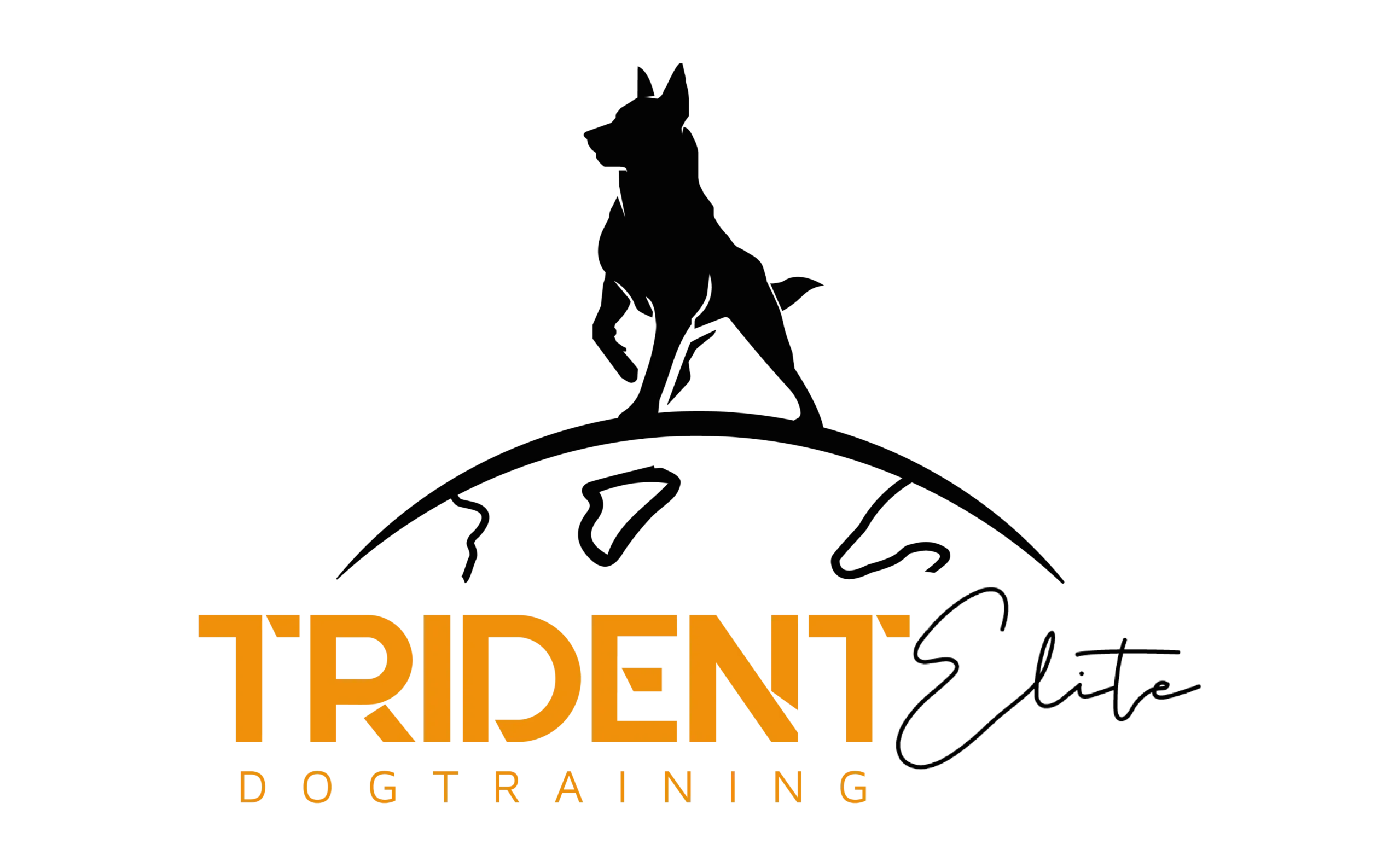Why Your Dog Isn’t Being Stubborn, and What’s Really Going On

We hear it all the time:
“My dog knows what I’m asking – he’s just being stubborn.”
But here’s the truth: very few dogs are truly stubborn. What we often label as defiance or attitude is actually something much deeper – and far more fixable.
At Trident Dog Training, we specialise in uncovering the why behind unwanted behaviour. Once you understand it, training becomes not just more effective – but more compassionate too.
It’s Not Stubbornness – It’s Communication
Let’s break down a few common scenarios:
Ignoring a known command
You say “sit,” and your dog looks away.
Does that mean they’re ignoring you on purpose? Not necessarily.
- They may be confused by inconsistent cues or tone of voice.
- The environment could be overstimulating or stressful.
- Your timing may be off, and they’ve already disengaged.
- They could be unsure if it’s worth the effort – especially if reinforcement hasn’t been consistent.
Dogs do what works for them. If sitting doesn’t lead to anything good (or prevents them from doing something more rewarding), they might choose not to do it.
Pulling on the lead
You’ve practised loose-leash walking, but on walks they act like it never happened. Sound familiar?
That’s not your dog “acting out.” They might:
- Lack generalisation (they can walk nicely in your garden, but not on a busy street).
- Be overwhelmed or overstimulated.
- Simply not understand what’s expected in that context.
Dogs Learn in Patterns, Not Words
Unlike humans, dogs don’t reason or problem-solve in language. They learn from repetition, clarity, and consequence.
If your dog isn’t responding the way you expect, ask yourself:
- Have I taught this in multiple settings?
- Am I rewarding the right behaviours consistently?
- Am I giving clear and timely cues, not just repeating words?
At Trident, we work with dogs and owners to decode these disconnects. Most “stubborn” dogs just need the training delivered in a way they understand.
Anxiety and Frustration Often Look Like Disobedience
When a dog shuts down or refuses to engage, they’re not being difficult – they’re asking for help.
Some signs that your dog may be overwhelmed rather than obstinate:
- They freeze or move slowly
- They sniff the ground or look away during commands
- They bark or lunge as a way of coping
- They offer alternative behaviours (e.g. lying down when asked to sit)
Our residential training programs are designed to identify the emotional cause of behavioural challenges and rebuild skills from a place of clarity and confidence.
We don’t believe in blaming dogs – we believe in listening to them.
Our tailored board and train programmes focus on clear communication, relationship-building, and real-world results. Whether your dog struggles with obedience, reactivity, or just doesn’t seem to “listen,” we’ll help you uncover the reason and find the solution.
